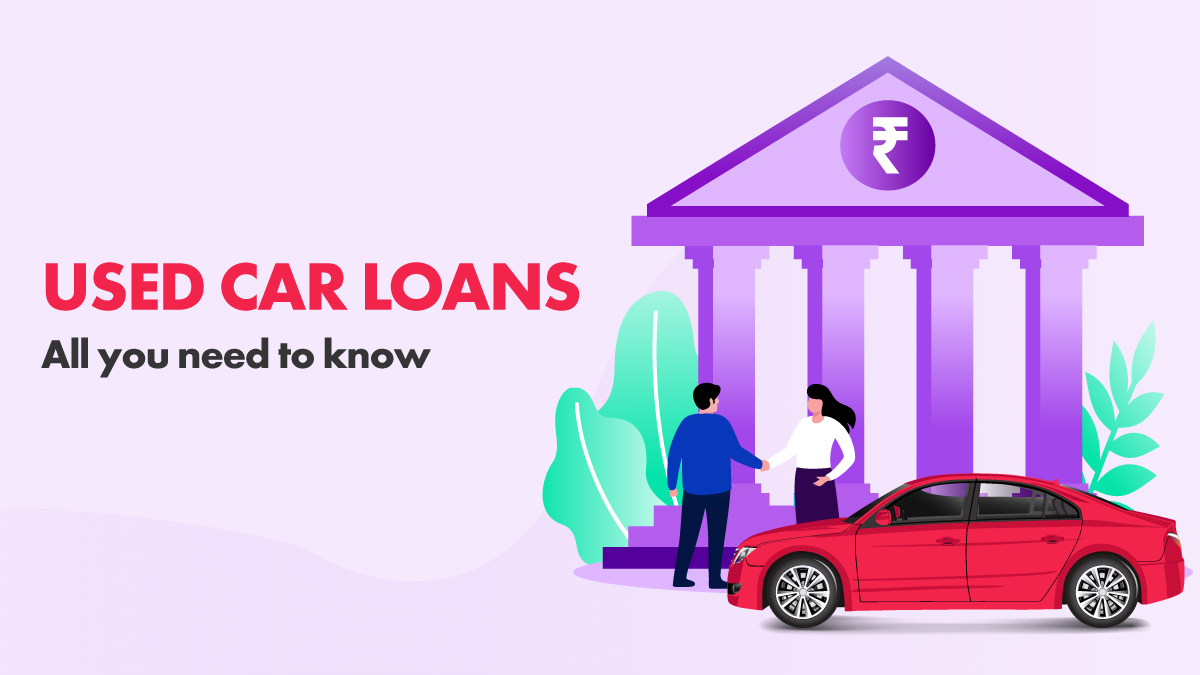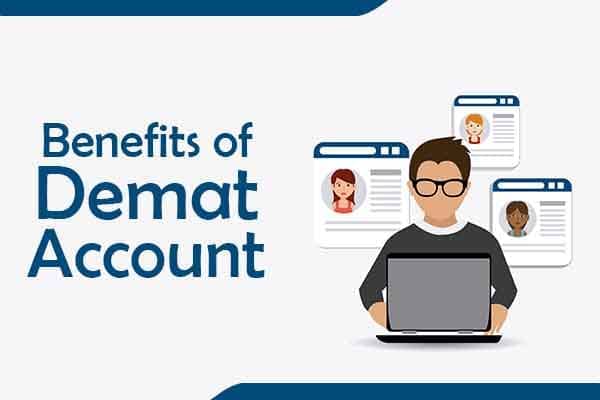Given that fixed deposits are safer than equities, it is one of the most prevalent types of investments. In addition, unlike with stocks, one can determine the returns even before investing the money. Fixed deposit is also called “term deposits” because the investment remains for a certain amount of time.
In addition to assisting you in reaching your long-term financial objectives. For example, providing for your child’s future, marriage, education, and other significant unforeseen needs. It is the ideal investment option for those who want to minimise risk.
If you are planning to open a fixed deposit account, this article is for you. Continue reading to know more about it.
Tips to keep in mind while opening a fixed deposit account online in India
Before investing in an FD account, keep in mind the following things:
Tip 1: Open a fixed deposit account with the same bank
Opening an FD account with the bank where your savings account is already open is very easy. This is because they already have your KYC details which fasten the overall account opening procedure.
Tip 2: Know the minimum deposit amount
The maximum and minimum deposit amounts vary by bank. Before opening an FD account, it is advised to check with the bank and make an informed decision accordingly.
Tip 3: Select the right tenure
Given that fixed deposits are made for a set period of time, it is crucial to review the tenure thoroughly. You can select a time frame of 7 days or up to 10 years, according to your needs. Additionally, early closure or withdrawal of the FD would result in a fee, which would lower your overall earning from the FD.
You can choose the FD’s tenure and make investments as per your financial objectives and needs. Moreover, you can take the help of online FD calculators to help you in this process of making a decision.
Tip 4: Know the fixed deposit interest rates and payouts
The interest rate depends on the length of time you invest, and it varies from one bank to another for a fixed deposit with the same term. Senior citizens’ FDs have a higher FD interest rate than standard FDs do.
In fixed deposit programmes, there are 2 types of payout options: cumulative and non-cumulative. Any of these can be chosen based on your needs. If you seek a stable source of income that will offer monthly, quarterly, half-yearly, or annually, you can choose a non-cumulative fixed deposit.
Tip 5: Know the tax exemptions on fixed deposits
The interest amount you earn on a fixed deposit is completely taxable in accordance with your specific income tax brackets. According to the income tax legislation, the bank will deduct TDS if the interest generated in a fiscal year is greater than Rs. 10,000, which is Rs.50,000 for senior citizens. You can give your bank your Form 15H or Form 15G to ensure that your TDS is not taken off.
Tip 6: Know about premature withdrawals
If you have a financial emergency, you can take your FD before it matures, but the bank might charge you a penalty for early withdrawals. The fine, however, varies from bank to bank.
When you open a fixed deposit account, you must review the regulations governing premature withdrawals. Some banks provide the option for an early withdrawal without charging a fee.
You may also love to read about – Premature withdrawal of fixed deposit
Tip 7: Enquire about ODFD/Credit Card against FD
You might use your fixed deposit as collateral Credit card against FD. The maximum limit on overdraft or credit card against fixed deposit may be a predetermined percentage of the principal amount that has been deposited. Nevertheless, this ratio varies from one bank to another.
Final words
You can use the tips mentioned above if you plan to open a fixed deposit account or already have one. These tips will guarantee that your fixed deposit account fulfills the objectives you set forth when you started it. If you have any specific queries, you can always contact the representatives of RBL Bank for more details.



